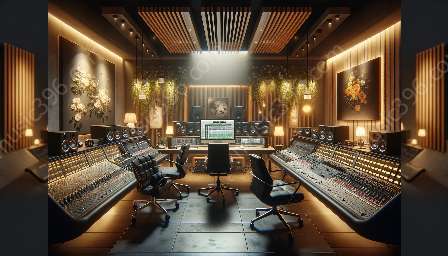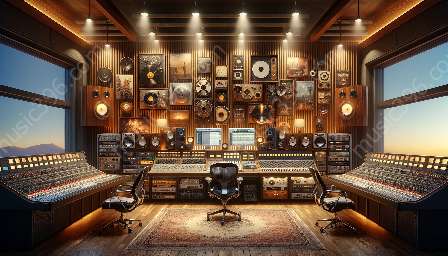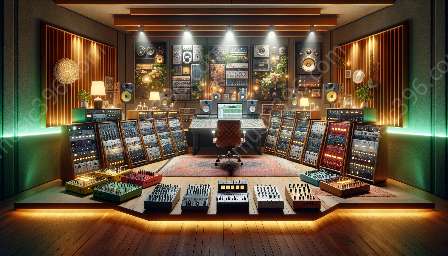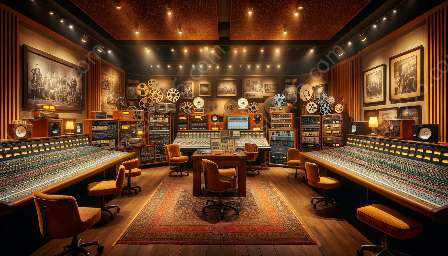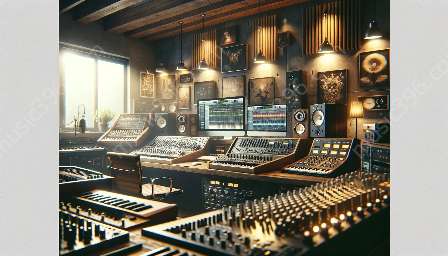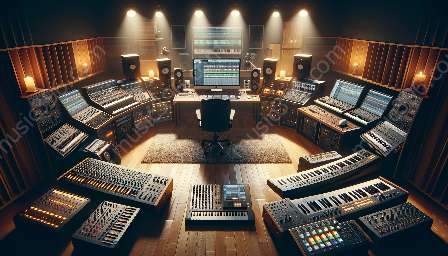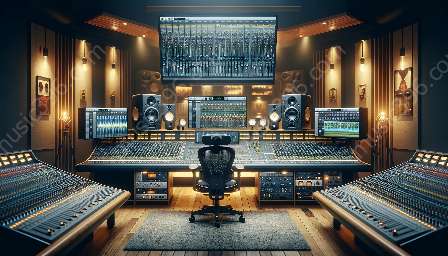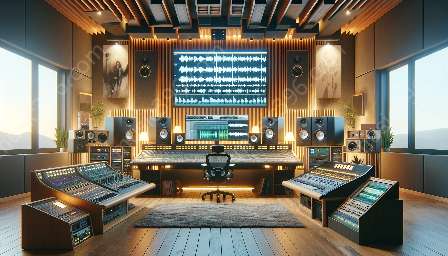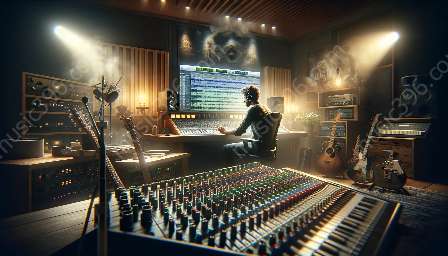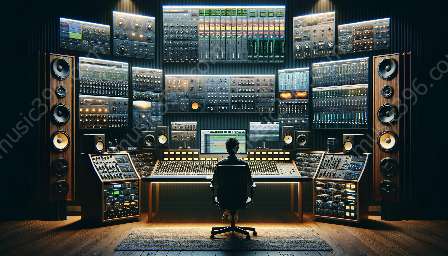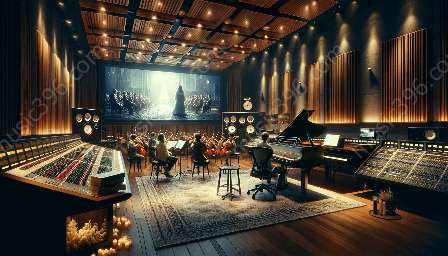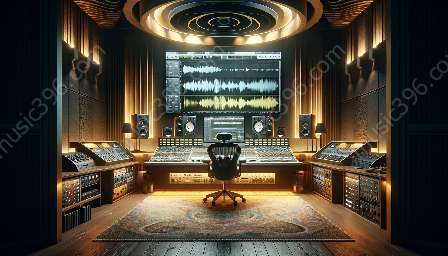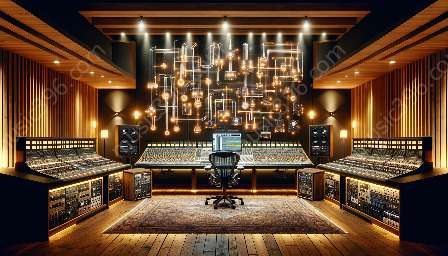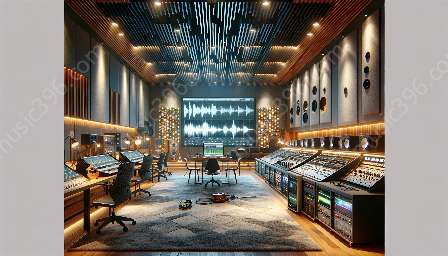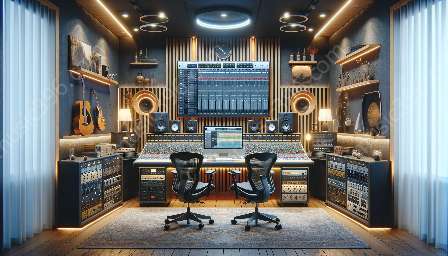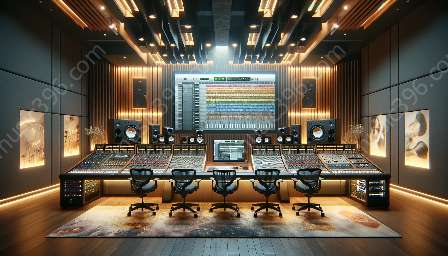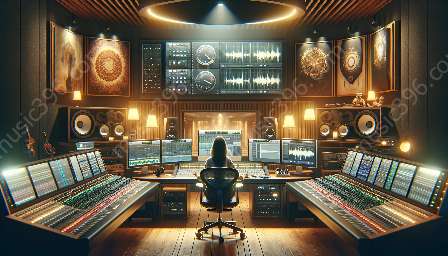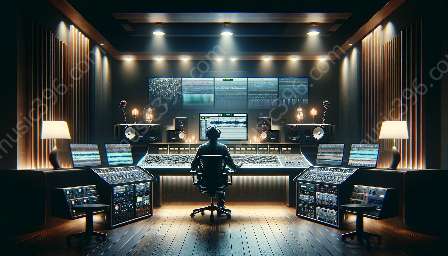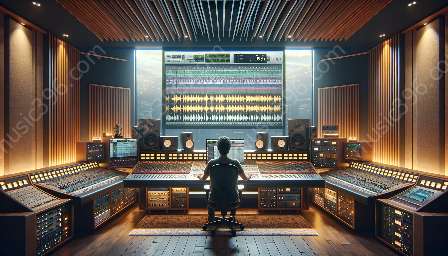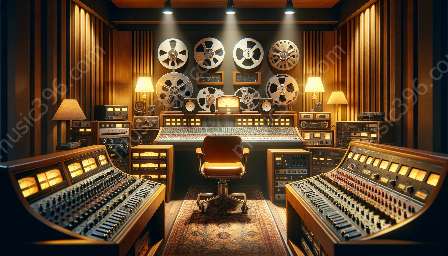In the world of music production, the concept of automation plays a crucial role. It refers to the ability to control various parameters of a digital audio workstation (DAW) or hardware device over time, allowing for precise adjustments and enhancements. Automation in music production offers a wide range of applications, from creating dynamic mixes to adding intricate effects, and it significantly impacts the basics of music production and music recording.
Understanding the Concept of Automation
At its core, automation involves the recording, editing, and playback of parameter changes over time. These parameters can include volume, panning, effects, instrument settings, and more. By automating these parameters, producers and engineers can fine-tune the nuances of a musical composition, bringing it to life with intricate changes that enhance the overall listening experience.
Applications of Automation in Music Production
Dynamic Mixes: Automation allows for precise adjustments in volume levels, panning, and EQ settings, resulting in dynamic and engaging mixes that evolve over the course of a song. By automating these elements, producers can create a sense of movement and depth within the audio landscape.
Effect Modulation: Automation provides the capability to modulate various effects such as reverb, delay, and modulation in real time. This allows for creative manipulation of sound, adding depth, texture, and character to the music.
Instrument Control: With automation, producers can control the parameters of virtual instruments and synthesizers, shaping the articulation, expression, and timbre of individual notes and phrases. This level of control contributes to the overall emotional impact of the music.
Arrangement and Structure: Automation is instrumental in shaping the arrangement and structure of a track. By automating transitions, build-ups, and breakdowns, producers can create a sense of progression and tension throughout the composition, guiding the listener through a captivating musical journey.
Impact on the Basics of Music Production
Automation redefines the basics of music production by introducing a level of precision and creativity that was previously unattainable. It empowers producers to focus on the subtleties and details of a production, allowing for a more immersive and expressive end result. By incorporating automation into the production process, aspiring musicians can develop a deeper understanding of composition, arrangement, and sound design, leading to more impactful and polished music.
The Intersection of Music Production and Automation
Music recording and automation share a symbiotic relationship. The advancements in automation technology have revolutionized the recording process, enabling engineers to capture performances with unparalleled accuracy and control. The seamless integration of automation within recording workflows has elevated the quality and creativity of music production, challenging artists and engineers to explore new sonic territories.
In conclusion, the concept of automation in music production opens up a world of possibilities for producers and engineers, transforming the way music is created and recorded. Its diverse applications and impact on the basics of music production make automation an essential tool for anyone seeking to craft compelling and innovative musical experiences.



